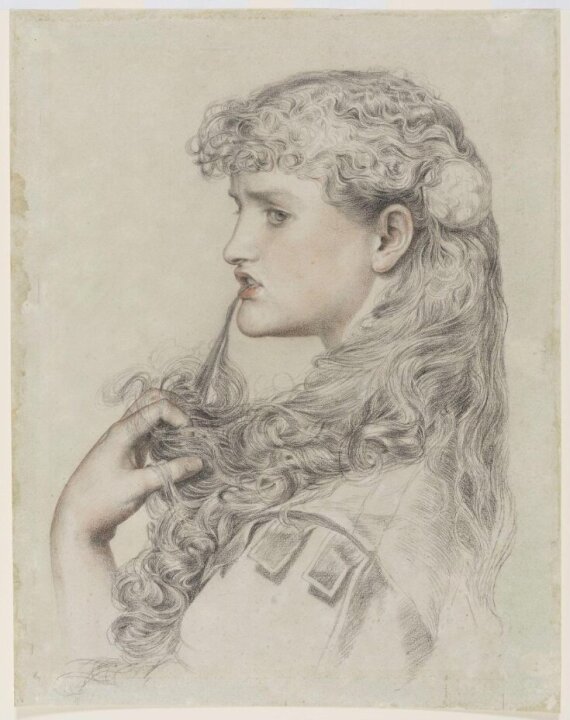Madge Wildfire's Song, by Sir Walter Scott
Proud Maisie is in the wood, walking so early;
Sweet robin sits on the bush, singing so rarely.
“Tell me, thou bonny bird, when shall I marry me?”
—“When six braw gentlemen kirkward shall carry ye.”
“Who makes the bridal bed, birdie, say truly?”
—“The grey-headed sexton that delves the grave duly.”
“The glow-worm o’er grave and stone shall light thee steady;
The owl from the steeple sing, ‘Welcome, proud lady.’”
"Proud Maisie" by Frederick Sandys
Sweet robin sits on the bush, singing so rarely.
“Tell me, thou bonny bird, when shall I marry me?”
—“When six braw gentlemen kirkward shall carry ye.”
“Who makes the bridal bed, birdie, say truly?”
—“The grey-headed sexton that delves the grave duly.”
“The glow-worm o’er grave and stone shall light thee steady;
The owl from the steeple sing, ‘Welcome, proud lady.’”
"Proud Maisie" by Frederick Sandys




